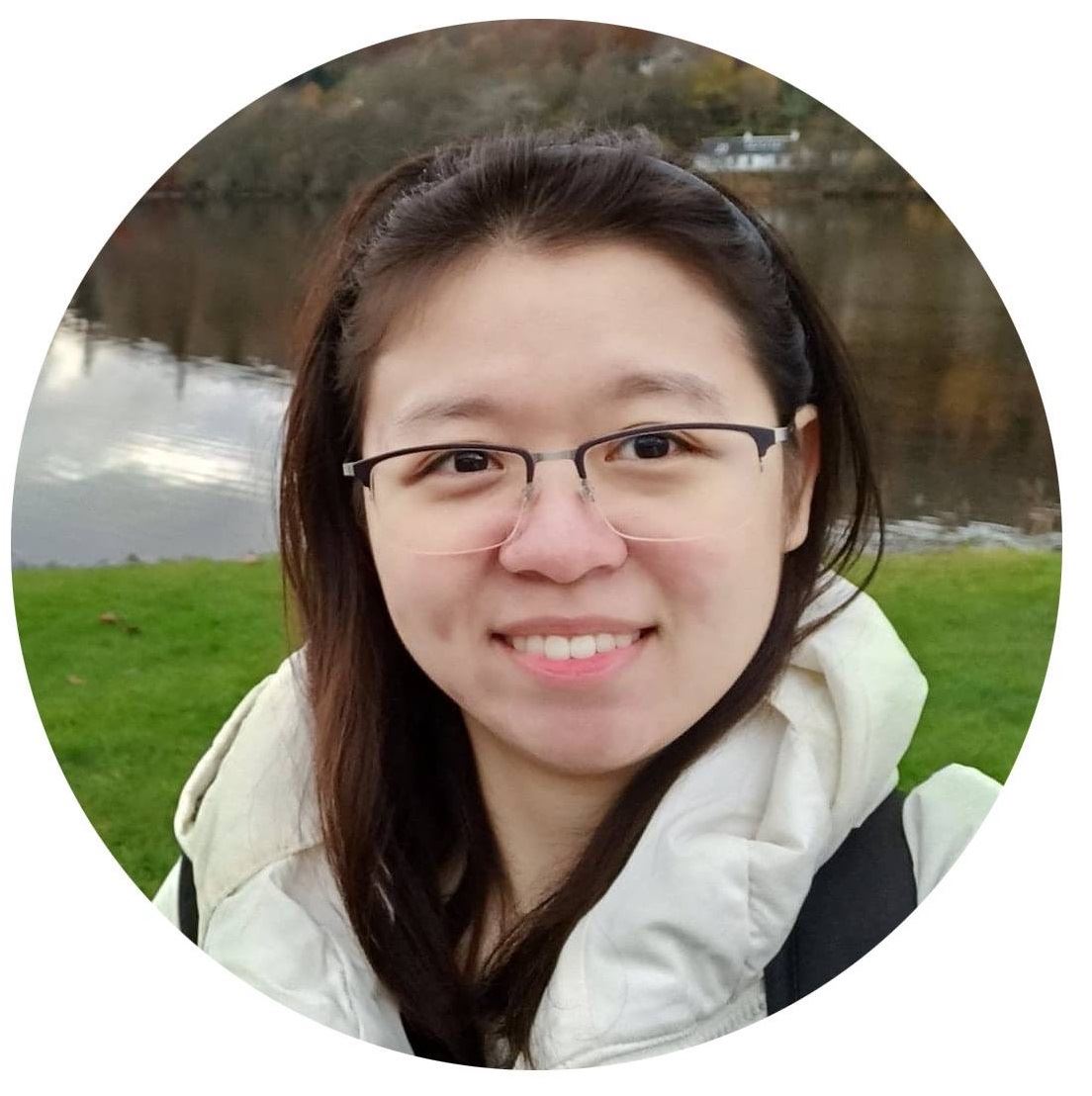


Course Description
In the world of technology (low- or high-tech), design drives perfprmance. It is therefore unsurprising that the design of augmentative and alternative communication (AAC) systems has been found to be a significant performance mediator among those with complex communication needs (CCN) (Light & McNaughton, 2012).
Despite the impact of AAC system design on the success of AAC intervention, research In this area appears to be In its infancy (see Light, et al., 2018). Studies on speech-language pathologists' (SLPs) AAC display design practices are similarly sparse (e.g. Thistle& Wilkinson, 2015; Webb, et al., 2019). Considering the relatively less attention given to this aspect of AAC intervention, PASP's AAC SIG organized this webinar with the aim of providing Filipino SLPs with a broad and updated review of literature on AAC interface design considerations for children and adults.
The discussion will center around design elements relevant to the most common system layouts (i.e. traditional grids, visual scene displays, and keyboards) and their seeming role in facilitating efficient AAC use, language development, literacy, socialization, and participation.

Speaker
Ms. Ellyn Cassey K. Chua, CSP-PASP

Ellyn is a BS Speech Pathology graduate of the University of the Philippines Manila, She worked as a full-time instructor at the same university from 2013-2016, teaching topics on normal cognitive and linguistic functioning, AAC, etc., and supervising interns working with Individuals with various disabilities from the preschool to the elderly years. She also worked as a speech-language pathologist for 6 years, serving children and adolescents with hearing Impairment, intellectual disability, and autism; and adults with complex communication needs.
Springing from her past work as a local coordinator of the 'MG MC Project (2015-2019), she's now a member of the International Society for AAC's (ISAAC) BUILD committee and an MSc AAC student at the University of Dundee through a scholarship from the Philippine's Department of Science and Technology. Her research interests lie in AAC solutions for adults with acquired cognitive and language disorders, and designing AAC systems In Philippine languages.

Rates
This webinar is open only for AAC specialists and specialists-in-training.
- Php 700 - PASP AAC-SIG Members
- Php 900 - PASP Members (Non-SIG)
- Php 1000 - non-PASP Members
Kindly deposit or bank transfer payments to:
Philippine Association of Speech Pathologists
BPI Account (Current) 0271-0389-09
Please send deposit slip or a picture of transaction slip to pasp.treasurer@gmail.com